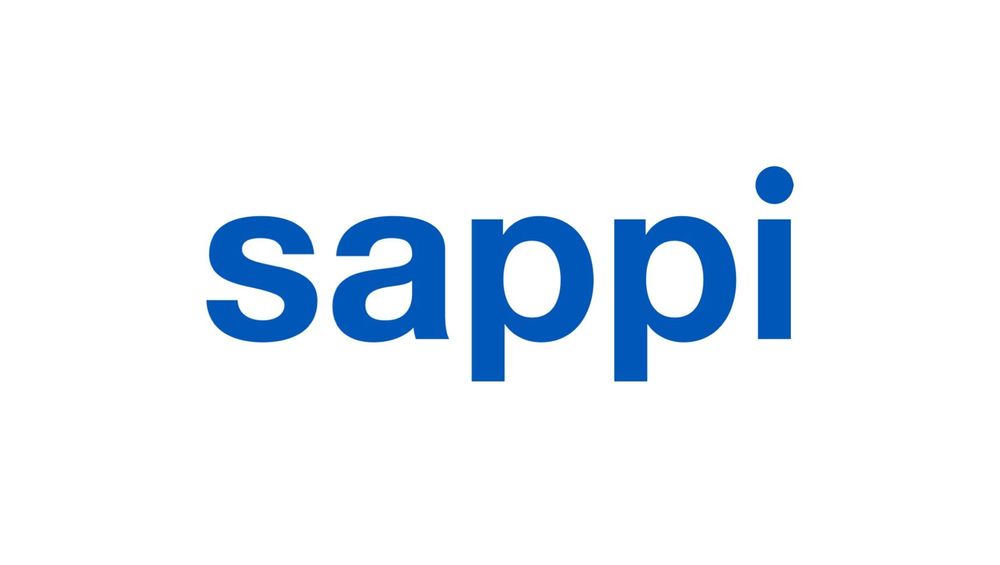Sappi Mentorship Program Offers Growth Opportunities to Young Foresters
Lucas (Luke) Lamond grew up in the forestry business working in the woods with his father, a consulting forester who taught him everything about forest management. Luke is a graduate of the University of Maine in Orono with a degree in Forest Operations, Bioproducts and Bioenergy. In 2014 he was awarded the College of Forest Resources’ Dwight B. Demeritt Forestry Award, which is issued to recognize the top students in forest resources and wildlife.
Even with Luke’s impressive background, he had a steep learning curve when he came to Sappi. Luke’s roots were in rural Maine, where logging and timber harvesting are a way of life, and most landowners own large tracts of land that they hold as working forests. Luke, however, was going to work in the more urbanized southern part of the state, where forestry operations are not as well understood by the public.
Julie Davenport’s father is also a forester, but she had no intention of following in his footsteps. “I didn’t spend much time in the woods with my Dad growing up. I knew what a skidder was, but not much else,” she says. Nonetheless, in college, Julie found forestry more interesting than her original field of study, and she now holds a degree in forestry from the University of Maine. In college she served as the President of Xi Sigma Pi, the international forestry honor society, was a pole climber on the Woodsmen’s Team and worked for the Maine Forest Service during summers and her final year of school. Prior to coming to Sappi, Julie worked in wood procurement at a paper mill in western Maine. Similarly, her initial role as a forestry technician for Sappi proved challenging, with so much to learn.
Both Luke and Julie were the beneficiaries of Sappi’s mentorship program that provides on-the-job training to new foresters to gain experience and develop the skills to be a successful forester. Only a portion of the job skills and understanding of the complexity of sustainable forest management is taught in forestry school, according to Charlie Hall, Manager of Sappi’s Forestry Program in Maine. “It takes 5-7 years of working in the field to gain the experience and build the confidence necessary to solidify your role as a procurement forester,” he says.
Complexity of the job
The job of a Sappi procurement forester has many facets. The forester must have a thorough understanding of silviculture to improve the health of the forest: Which trees should be removed to spur growth of the residual forest, which should be kept as seed trees or to provide even distribution of age classes? He or she also needs to understand business fundamentals and market conditions.
There are wildlife and biological considerations: What is best to preserve habitat for deer or cottontail rabbits? Are there endangered species that need protection?
Environmental considerations are always paramount: How does the forester best protect water quality and minimize any runoff or rutting issues? Should the land only be harvested in the winter when the ground is frozen, or in the summer and fall when it is drier? Do roads and landings need to be cut before the harvest begins so they can freeze or dry out before the introduction of heavy equipment? Which equipment is right for the job, and is it available when needed? Are all the needed permits in place before harvesting begins?
The forester needs to have answers to these questions and more—but he or she must also be able to convey the information to the landowners, loggers, abutters, and the public. An effective forester builds relationships and trust, and has the confidence to move forward with the development and implementation of a management plan, while maintaining the ability to adjust that plan when conditions change. It is not possible to have a full grasp on all of this as a recent graduate just entering the job market.
Working under seasoned procurement foresters
Luke started with the Sappi forestry team in 2015, initially working as a forestry technician under Paul Larrivee, Sappi’s Senior Procurement Forester for southern Maine, who has been a licensed Maine forester since 2001. Luke then worked under Forest Briggs, Sappi’s Procurement Forester in central Maine, who has been working as a timber harvester, forester, wood scaler, and realtor since graduating from the University of Maine in 1997 with a degree in Forest Management.
Julie worked for two years under Bryan Savoy, recently promoted to a Senior Wood Procurement Manager position at Sappi, who has been an operations and marketing forester and has supervised logging crews and merchandising yards since he graduated from the University of Maine in 1997 with a B.S. in Forestry. Julie then worked for Pete Foss, who worked for Sappi and Scott Paper for 43 years, most recently as a procurement forester, until retiring in 2018.
Luke became a licensed forester in Maine last year and was promoted to a Sappi forester position in the summer of 2018. He now works with landowners throughout Penobscot and neighboring counties in Maine. Julie is now a licensed forester in the State of Maine and was promoted in October 2018 into a forester position at Sappi covering southern Somerset and Kennebec Counties. In working with experienced foresters, Julie and Luke have each developed their own approach to working with landowners.
Sappi’s mentorship program was lauded as a Best Practice by Brian Callaghan, Lead Auditor for Bureau Veritas Certification, during a recent third-party forestry certification audit of Sappi’s forestry practices.
Read more from Sappi North America's 2018 Sustainability Report here: tiny.cc/SappiNA_SR18.



